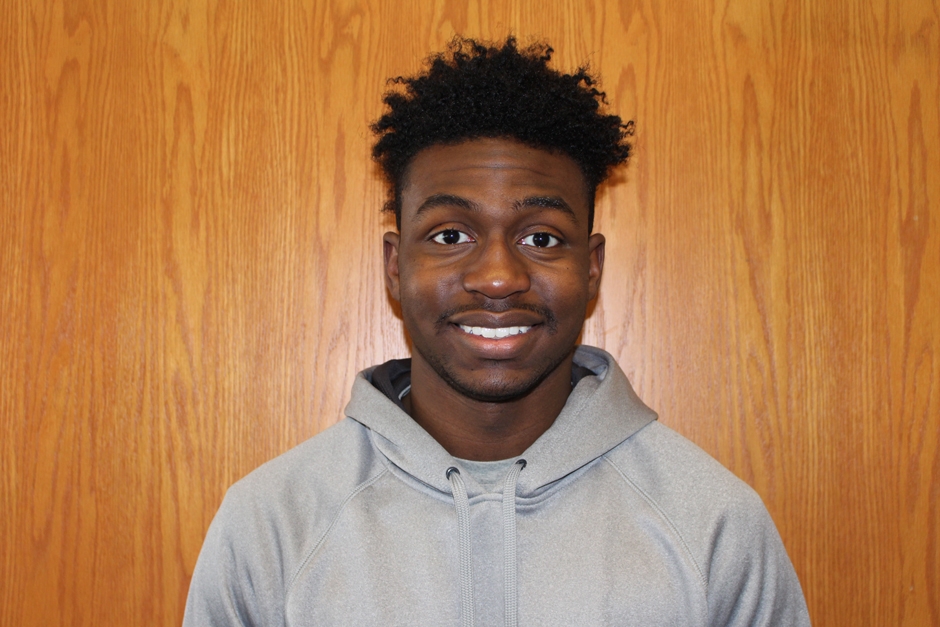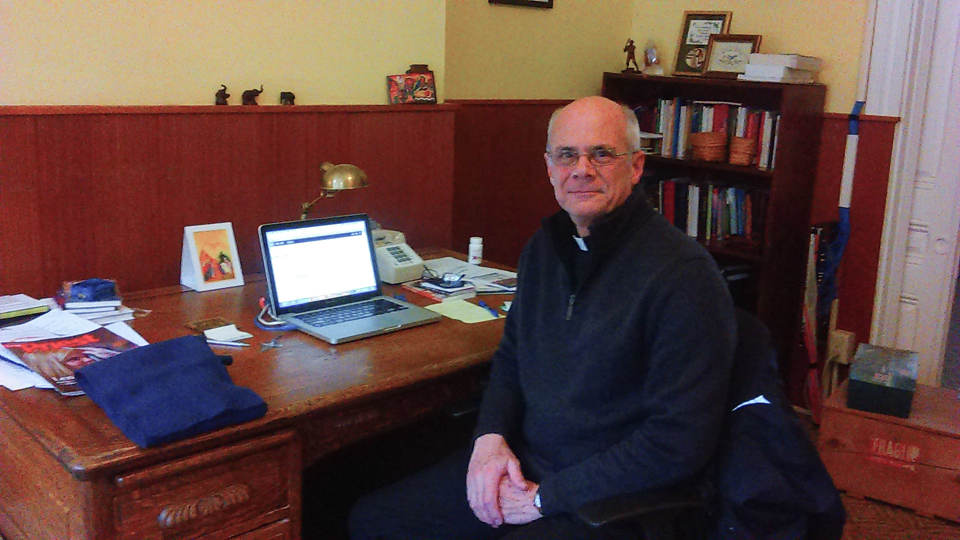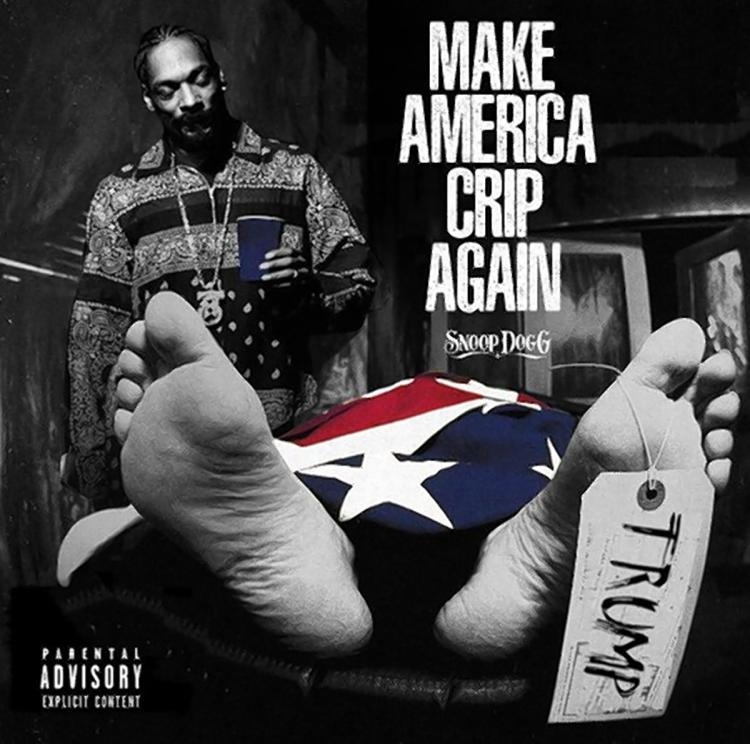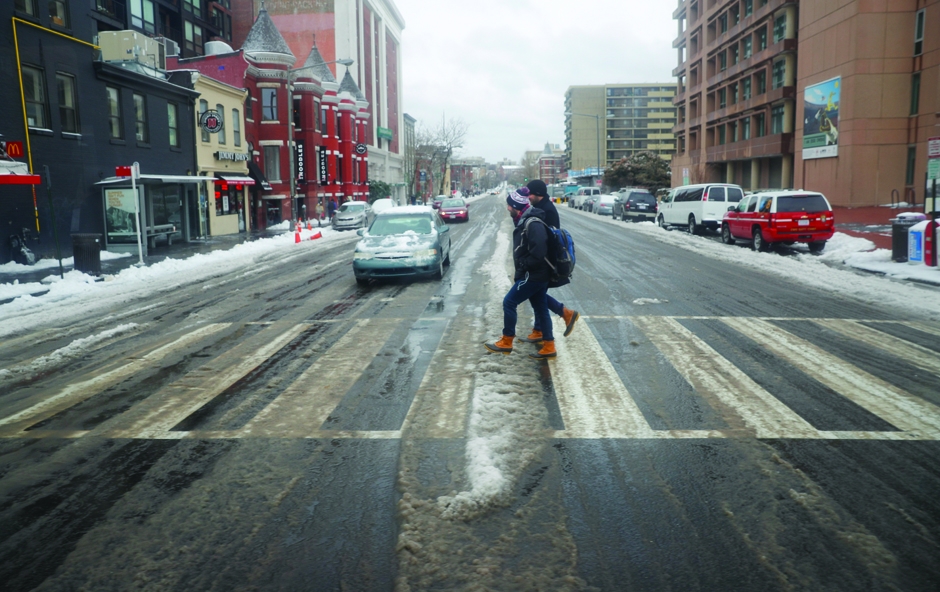
By Alison Caracciolo | Staff Columnist
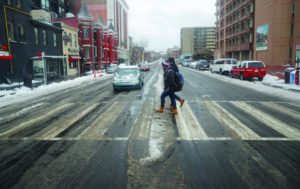
What does it actually mean to love someone?
A.J. Ali, a filmmaker of the documentary “Walking While Black: L.O.V.E is the Answer,” creates a meaning for each letter in the word “love.” “L” stands for learning about your community and its people, “O” means to open your heart, “V” is for volunteering yourself and “E” stands for empower.
“Walking While Black” is a new phenomenon where racial profiling has been taking our society by storm. Many of us may not even be conscious we are racially profiling someone due to our implicit bias.
A new study has offered more evidence that drivers are biased against braking for black pedestrians trying to cross the street.
The Ohio State University Institute for the Study of Race and Ethnicity defines implicit bias “as attitudes or stereotypes that hinder our understanding, actions and decisions in an unconscious manner.”
In a way, society has embedded in our mind that a black man is less educated, more dangerous and more of a threat to society than the average white male. It is like saying all Europeans are eager to pick your pocket.
I’m currently studying abroad in Italy. As I walked the streets of Rome for the first night, I noticed my grip on my purse to be tighter than normal, and whenever someone entered my personal space, I was mentally preparing myself to fend for my purse.
I was profiling.
We are unable to turn off our implicit bias. For instance, even unbiased judges have a subconscious mentality that is already making notions they are unaware of about a situation or the person.
We shouldn’t even be conducting studies about the likelihood of someone not stopping for a black person crossing the crosswalk, but unfortunately, it is the reality in which we live. The reality being an unequal society, where gender and skin color affect the way people act toward one another.
According to the Washington Post, Researches at the University of Nevada Las Vegas even found more of an imbalance when the pedestrian is trying to cross the street depending on a high- or low-income neighborhood. The average number of cars to pass a black pedestrian in a crosswalk is seven times greater compared to a white pedestrian crossing the street in a wealthy neighborhood.
However, outlying factors need to be considered before making any type of conclusion. The study on several occasions had no actual support for the claim that people are less likely to brake for a black person.
The Washington Post points out that during three different scenarios, motorists didn’t have a particular reaction to pedestrians skin color. In addition, in one of those scenarios vehicles passed by more white pedestrians than black in a high income neighborhood.
To make a bold assumption that vehicles are less likely to brake for black pedestrians is asking to stir up unnecessary controversy.
In a perfect world, I’d like to assume that we would inevitably stop for any pedestrian trying to cross the street. However, it’s not a perfect world, and some state laws do not make it mandatory to stop completely for pedestrians at the crosswalk.
In Nevada, if there is a crosswalk where there is no traffic light, cars are obliged to stop if it is necessary but do not have to brake to a sudden stop. It should be common knowledge for drivers to take caution to all pedestrians on or near the roadway.
According to the Center of Disease Control and Prevention, over 4,700 people were killed in traffic crashes in 2013. The amount of black or Latino people killed was significantly higher than that of a white person.
According to Jean-Jacques Rousseau, a philosopher, the one main problem of the present civilization is the constant advancement of society, which contributes to the increasing inequality among the people. Humans are more unequal and unhappy than ever before due to our current society, where our culture has enslaved us.
In Rousseau’s book, “Discourse on the Origin of Inequality,” he brings up the idea of a state of nature, where society was more “equal.”
The state of nature, to my understanding, is a pointless theory of a hypothetical state, even pre-morally, that contains products of inequality that just grew in complexity as civilization advanced.
Humans are always trying to figure out new and more efficient ways to go about daily life, and will ultimately continue to enhance inequality among society.
Essentially, what this study is ultimately trying to showcase is the many ways that our modern society will forever be faced with inequality, and prejudice towards the different ethnicities. We can’t control our implicit bias, and the more our society advances the more inequality will become present.
We make strides towards a more acceptable society, and while we have made substantial success in this aspect, the modern world will never be completely understanding of diversity among one another.
It’s unsettling that Walking While Black is making headlines as a new phenomenon.
To simply put it, just be a courteous cautious driver and brake for all pedestrians trying to cross the roadway, not just some.

